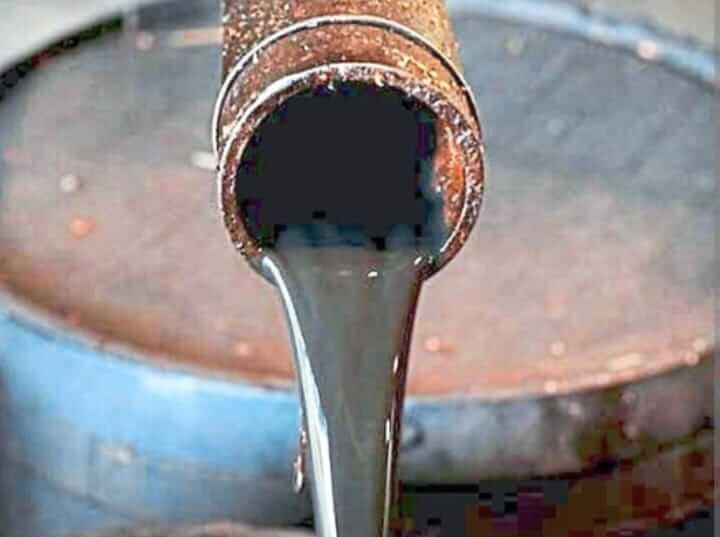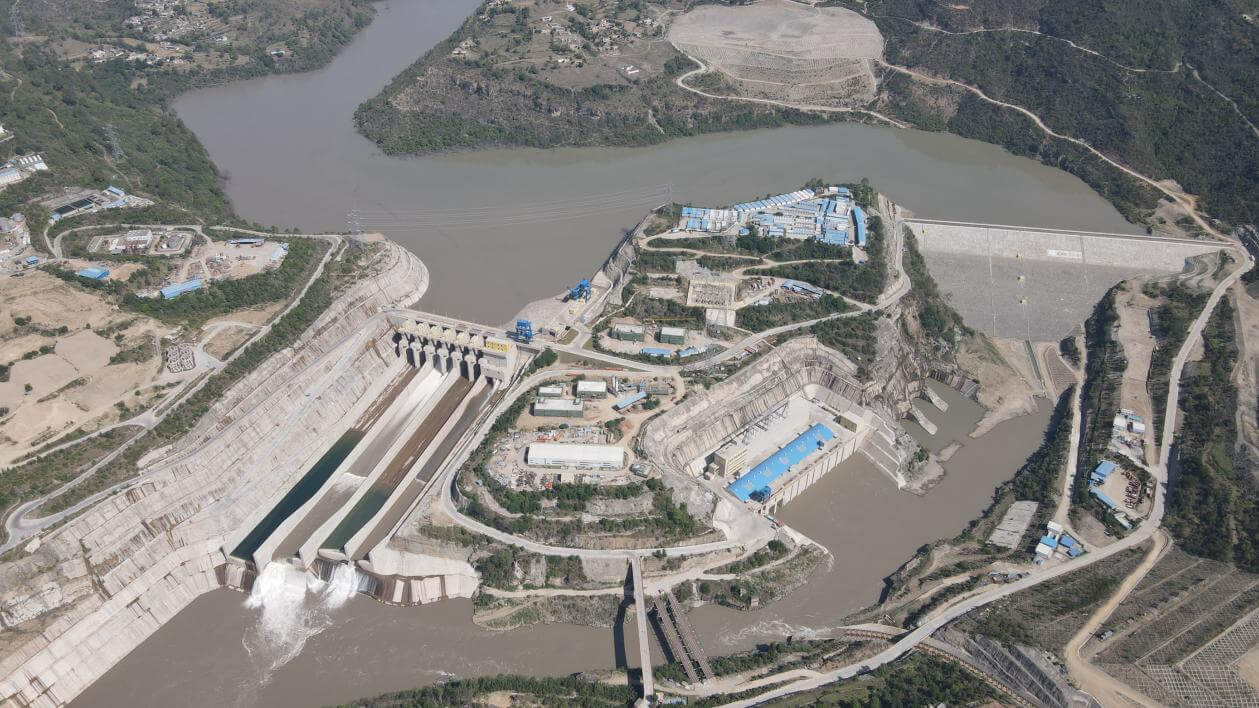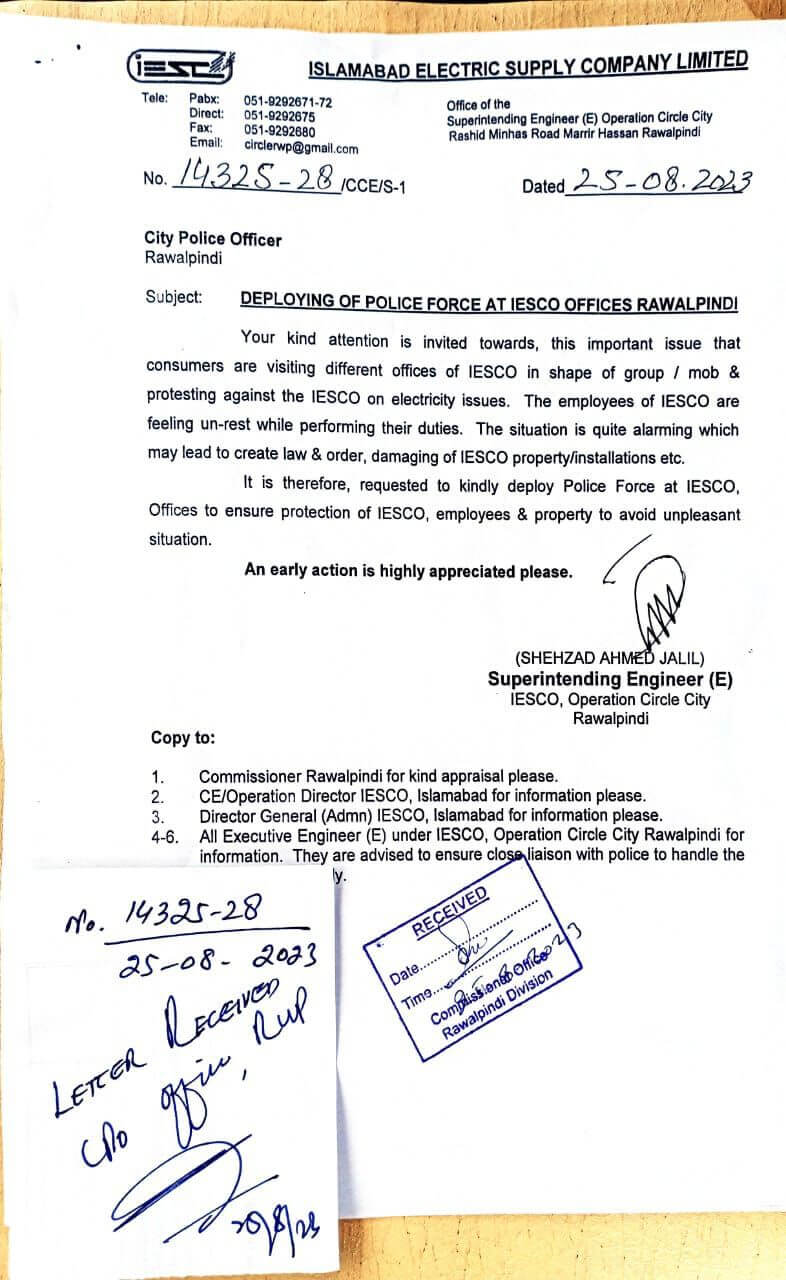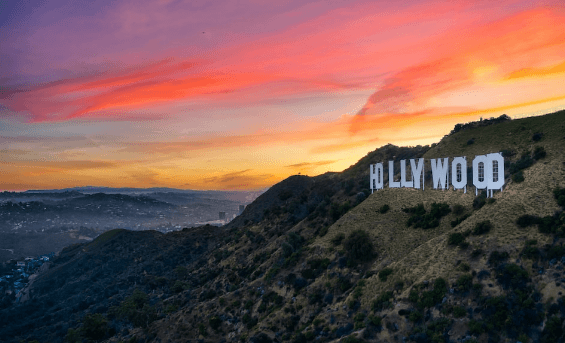Fuel exploration in Islamabad
The residents of Shams Colony, H-13, Islamabad are finding crude oil when they do deep drilling for borewell
Pak Chronicle Special Report
Islamabad
There is a ban on drilling for borewells in a few areas of the capital territory as interestingly deep drilling up to 500 feet in these areas is often leading to finding crude oil.
Contrary to expected reaction, the related government functionaries are tightlipped over the matter which is further complicating the issue.
Almost a year ago the finding of oil news had hit the media in the area of Shams Colony, H-13, Islamabad after which the site was sealed by the district administration.
This discovery had a load of oil which was flowing out of the well in abundance and people started storing it in the cans and drums.
However, later on there have also been various other unexpected discoveries of oil in the areas of H-13, Shams Colony and adjacent areas.
Some residents made attempts to drill for the borewell but they found oil instead of ground water during this process.
In most of the cases of the drilling for borewells, oil or more specifically, what the residents and the police say, crude oil was discovered instead of water.
As there is a ban on the drilling in the area now, the Police Station of Shams Colony is very vigilant and it takes action and registers FIRs when it is informed about drilling activities in the area.
Recently, oil was also found in a street near National University of Science and Technology (NUST) after which the plot where the oil discovered was also sealed.
A few FIRs have also been registered against some persons who were found in possession of the crude oil which was extracted from the area.
In most cases this raw oil is shifted to Attock, this scribe has reliably learnt. This is yet to be learnt as what is made of it in Attock.
Besides registering FIRs, the police station has also been confiscating the tools/equipment, mostly the iron pipes which are used to do drilling.
In the front yard of the police station there lies a number of pipes and other tools which were confiscated by the police during operations against drillings in the area.
There are no arrangements of supply of water under the government’s umbrella for this area. To fulfill this basic need, the residents have to rely on water-tankers or they keep exploring the subsoil water.
According to an FIR which was registered under section 285, 286 and 188 of Pakistan Penal Code (PPC) on February 28 this year, in violation of section 144, it was found that some residents had extracted 20 to 30 gallons crude oil through borewell.
The sections 185 and 186 of PPC deal with the negligent conduct with respect to fire or combustible matter and the negligent conduct with respect to explosive substance respectively. Meanwhile the section 188 of PPC deals with disobedience to order duly promulgated by public servants. As section 144 is in place in the area against drilling for borewells, the section 188 is registered against the persons involved in violation of it.
According to the registered FIR, this act of the accused party may have led to some untoward incidents so legal action was initiated against it.
According to some police personnel in the Shams Colony Police Station, mostly people do drilling after midnight in the area so that noises of drilling couldn’t attract attention of others.
However, there are people who have been informing the police about drilling in the area which is done through compressors and the police have been taking action against it.
The district magistrate Islamabad, Islamabad Capital Territory (ICT) last time on November 16, had prohibited the compressor and mechanical boring in the jurisdiction of Police Station Shams Colony and H-13 Islamabad.
This action was taken when it was learnt that few elements are involved in drilling of borewell with compressor and mechanical machine without legal authority and documents.
“In exercise of powers conferred under section 144 Cr.PC 1898 do hereby prohibit the compressor and mechanical boring in the jurisdiction of Police Station Shams Colony and H-13 without any legal authority and documents,” an order reads, a copy of which is available with Bol News.
A police officer of the police station, while declining to be named, maintained that supply of oil from the borewells doesn’t keep its pressure as initially it looks like.
“The pressure of oil dies from borewells gradually with the passage of time and it doesn’t remain as steady as it might be the case when it comes to known oilfields,” he stated.
He was of the view that there is a depot where civilians are less seen, in the surrounding area and there are chances that oil was leaking out from it which has been causing ‘oil discovery’ in the area.
However, it needs extraordinary leakage of petroleum products to seep 500 feet deep into the ground and later on be discovered by bore drilling which currently seems a farfetched idea.
A resident of Shams Colony who runs a shop of snacks in the area told this scribe that there always lies a thick layer of crude oil on the water which is extracted from borewells. He said the water isn’t safe for human consumption and it may cause several diseases when consumed.
“A standard bucket of water, extracted from a borewell may contain one inch thick layer of crude oil,” he said. According to him his mother was using this water after boiling but soon she developed paralysis in her body.
The first oil exploration incident had taken place in a house/plot in the area in the street No 18 of Shams Colony which was sealed by the authorities concerned.
A neighbour to this house, while declining to be named, stated that the process of oil extracting had started a year ago in the area.
He said prior to this discovery there was no such issue and the people used to find ground water through bore after 400 feet deep drilling. He said later on the subsoil water level dropped and now people are finding oil after 450 to 500 feet drilling.
Meanwhile the sources in EPA told this scribe that no such issue was under consideration in EPA to ascertain whether finding of oil in subsoil water in the mentioned areas was an environmental hazard or something else.
As per Wikipedia, as per estimates of the United States Energy Information Administration (EIA), Pakistan may have over 9 billion barrels (1.4×109 cubic metres) of petroleum oil and 105 trillion cubic feet (3.0 trillion cubic metres) in natural gas (including shale gas) reserves.
Ends



